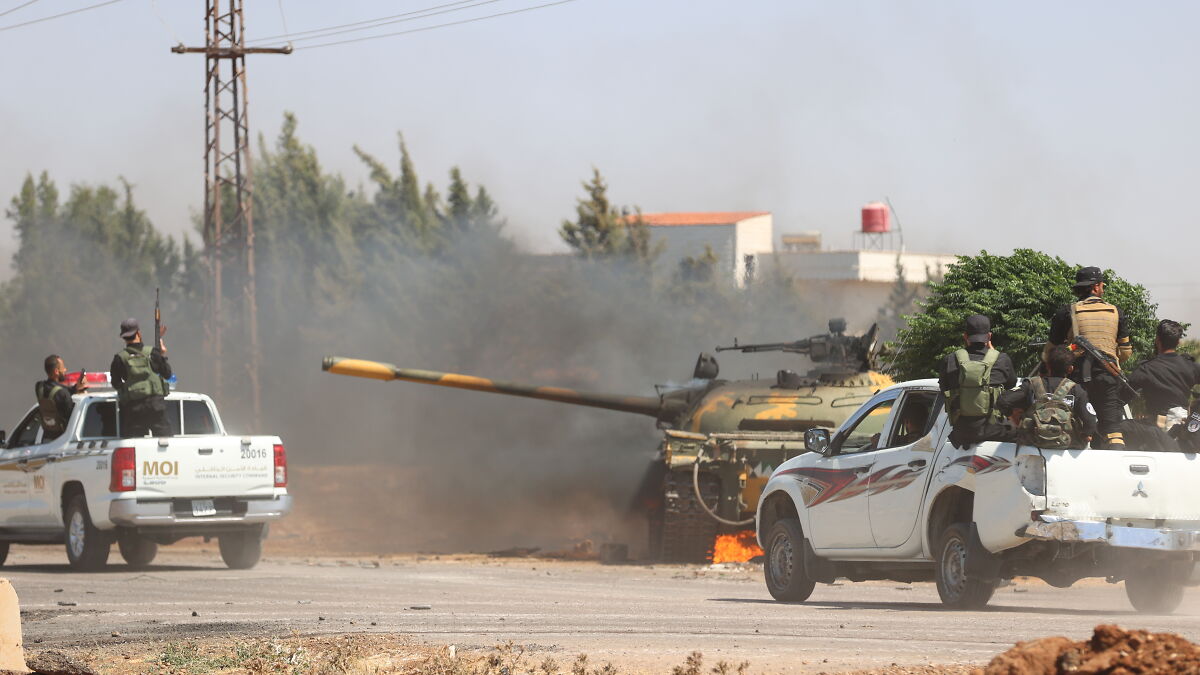
The Assad regime Fell In December. Why Is Fighting In Syria Ongoing And Why Is Israel Involved?
Syria’s Assad regime was toppled last year, but fighting continues to rage across the country after a fragile ceasefire between the government and militia groups collapsed.
President Bashar al-Assad’s rule was overthrown by opposition forces in December 2024, leading to his resignation and subsequent decision to seek asylum in Russia.
- The Assad regime was toppled in December 2024, leading to an interim government led by Ahmed al-Sharaa from former HTS.
- Sectarian violence between Druze and Bedouin tribes groups has escalated, killing over 260 people since July 13.
- Israel launched airstrikes in Syria, claiming to protect the Druze community linked to Druze citizens in Israel.
Since then, an interim government has been declared and is led by Ahmed al-Sharaa, the leader of the former Hayat Tahrir al-Sham (HTS) group.
Syria’s new government has struggled to maintain control after Bashar al-Assad was overthrown
Image credits: Borna News/Matin Ghasemi/Aksonline ATPImages/Getty Images
But the new government has struggled to maintain control in the wake of 14 years of civil war and has been clashing with armed groups.
Other factions have raised concerns over HTS officials—primarily Sunni Muslims—holding the most powerful cabinet roles.
While the government said it wanted to disarm and dissolve all non-state armed groups and that it would protect religious groups, there has been violence against minorities.
This includes the Alawites—historically aligned with the Assad government—and the Druze, an esoteric religious sect with roots in Shiite Islam.
Image credits: Izettin Kasim/Anadolu via Getty Images
In March, clashes between pro-Assad armed groups and government forces left hundreds of Alawite civilians dead, according to AP.
Most recently, on Sunday, sectarian violence erupted between the Druze and another group, the Bedouin tribe, in the southern city of Sweida.
It was sparked by the assault of a Druze man who was robbed at a checkpoint set up by the Bedouin tribe.
When government forces were deployed to intervene on Monday, the fighting escalated further, drawing in the army and sparking accusations of abuse by state forces.
Image credits: Hisam Hac Omer/Anadolu via Getty Images
A ceasefire announced on July 15 quickly collapsed, with the Syrian Defense Ministry blaming armed militias for violating the deal.
“Military forces continue to respond to the source of fire inside the city of Sweida, while adhering to rules of engagement to protect residents, prevent harm, and ensure the safe return of those who left the city back to their homes,” a Defense Ministry statement said.
The Syrian Observatory for Human Rights, a UK-based information office monitoring human rights abuses in Syria, said that as of Wednesday, 260 people had been killed.
Figures referred to those killed since Sunday, July 13, in armed clashes, an exchange of bombardment, and extrajudicial executions.
Israel has launched strikes on Syria and says it is protecting the Druze community
Image credits: Esref Musa /Anadolu via Getty Images
Four children and several women are among those who have been killed.
The clashes have prompted neighboring Israel to launch airstrikes in Syria, claiming it was acting to protect the Druze population.
On Wednesday, the Israel Defense Forces (IDF) confirmed it had targeted the entrance of the Syrian military headquarters in the capital of Damascus in airstrikes.
Reports also suggested strikes had hit near the presidential palace in the capital.
Image credits: Abdulkarem Al-Mohammad/Anadolu via Getty Images
The military action follows several days of strikes in which the IDF has targeted Syrian government forces heading to Sweida.
Syria’s Druze community has close ties to the Druze population in Israel, and the Israeli government has pledged to protect them following calls for intervention from Druze leaders inside Israel.
Around 700,000 Druze live in Syria, mostly in the south-west, while most others are in Lebanon and Israel.
Witnesses told Reuters on Wednesday that members of the Israeli Druze community had broken through a barrier on the border to join the Syrian Druze.
It sparked a warning from Israeli Prime Minister Benjamin Netanyahu on X, who posted a video urging Israeli citizens not to cross the border.
Prime Minister Benjamin Netanyahu:
“My brothers, the Druze citizens of Israel: the situation in Sweida, the situation in south-western Syria, is very serious. https://t.co/p2CH6sIh7Y
— Prime Minister of Israel (@IsraeliPM) July 16, 2025
In a joint statement, Netanyahu and Defense Minister Israel Katz said they were committed to protecting Druze citizens.
“Israel is committed to preventing harm being inflicted on the Druze in Syria, owing to the deep covenant of blood with our Druze citizens in Israel and their historical and familial link to the Druze in Syria,” it read.
“We are acting to prevent the Syrian regime from harming them, and to ensure the demilitarization of the region adjacent to our border with Syria.”
Israel does not want Islamic militants near the country’s border, and since the Assad regime was toppled, it has moved from the Golan Heights to operate in a UN buffer zone and also in southern Syria.
Image credits: Getty Images
While Israel said it was a temporary move to pre-empt possible attacks, it has since announced intentions to remain there indefinitely.
“The IDF will remain at the summit of the Hermon and the security zone indefinitely to ensure the security of the communities of the Golan Heights and the north, and all the residents of Israel,” Katz said in January.
During the 1967 Mideast War, Israel captured the Golan Heights from Syria and annexed it in 1981.
While the UK and a 1981 UN Security Council resolution call for Israeli withdrawal from them, the U.S. considers the Golan Heights to be Israeli territory.
On Tuesday, the UN Human Rights Council mandated Syria Commission of Inquiry released a statement expressing concern over the situation in Sweida and stressing the urgent need for de-escalation and the protection of human rights. https://t.co/taViMxQ9kf
— UN Syria Commission of Inquiry (@UNCoISyria) July 15, 2025
The latest Israeli strikes have been condemned by the Syrian government and Turkey, whose Foreign Ministry said Israel was trying to sabotage peace efforts.
The UN has condemned “all violence against civilians, especially acts that risk enflaming sectarian tensions,” and urged de-escalation, protection of civilians, and a transparent investigation into those responsible for the killings and injuries.
It also raised concerns about Israeli airstrikes on Syrian territory.
Meanwhile, northern Syria remains divided among Kurdish forces, Turkish-backed militias, and remnants of Islamic State cells, further complicating the country’s security landscape.


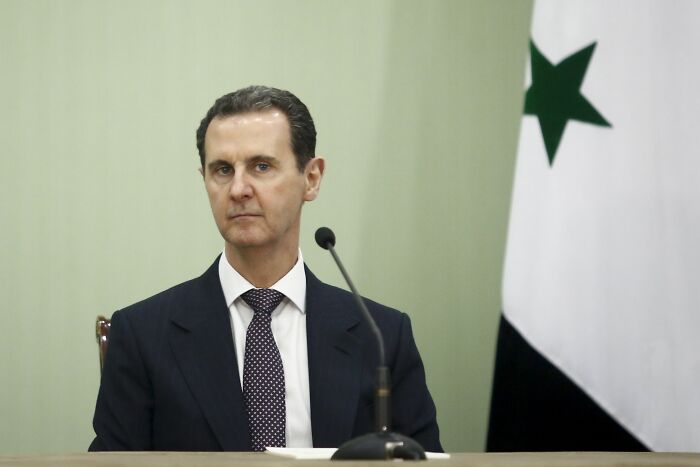
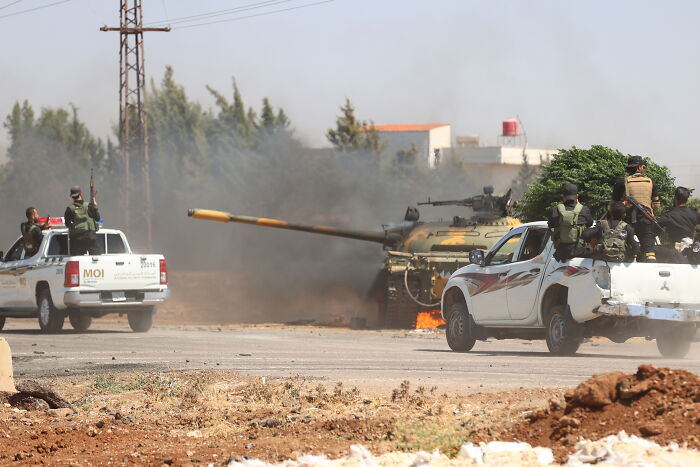
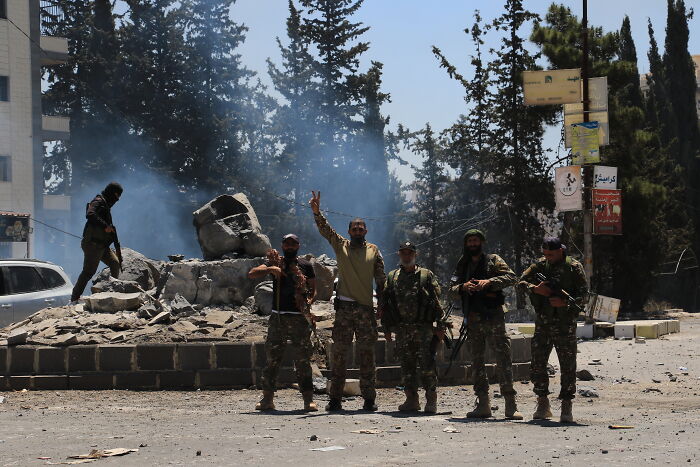
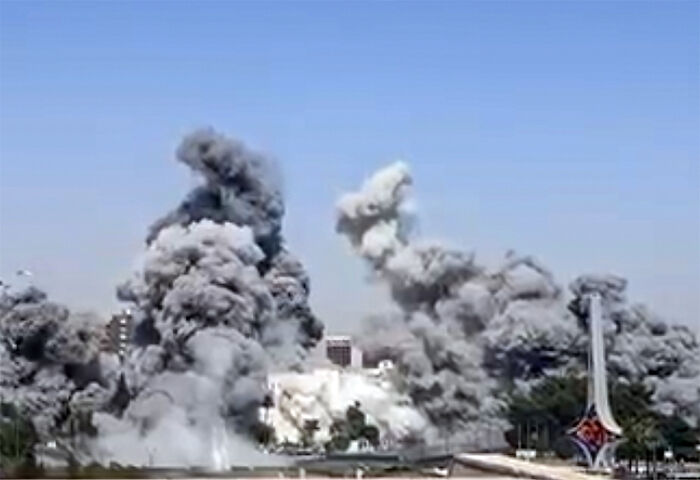
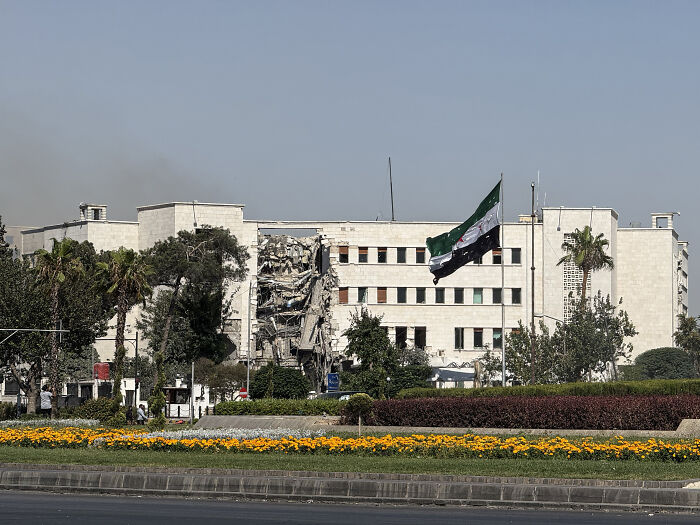
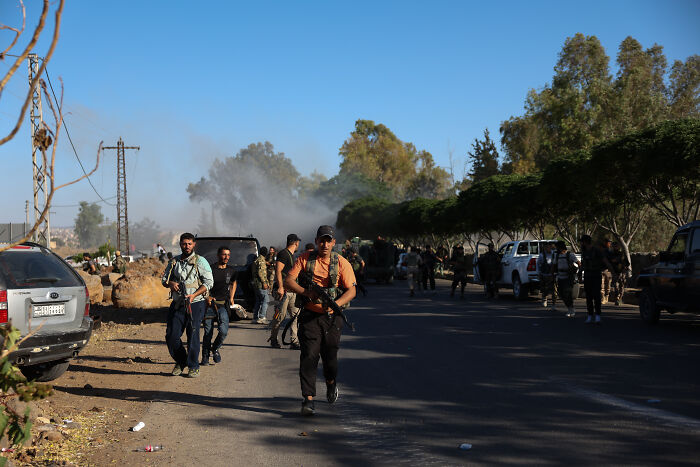



31
1